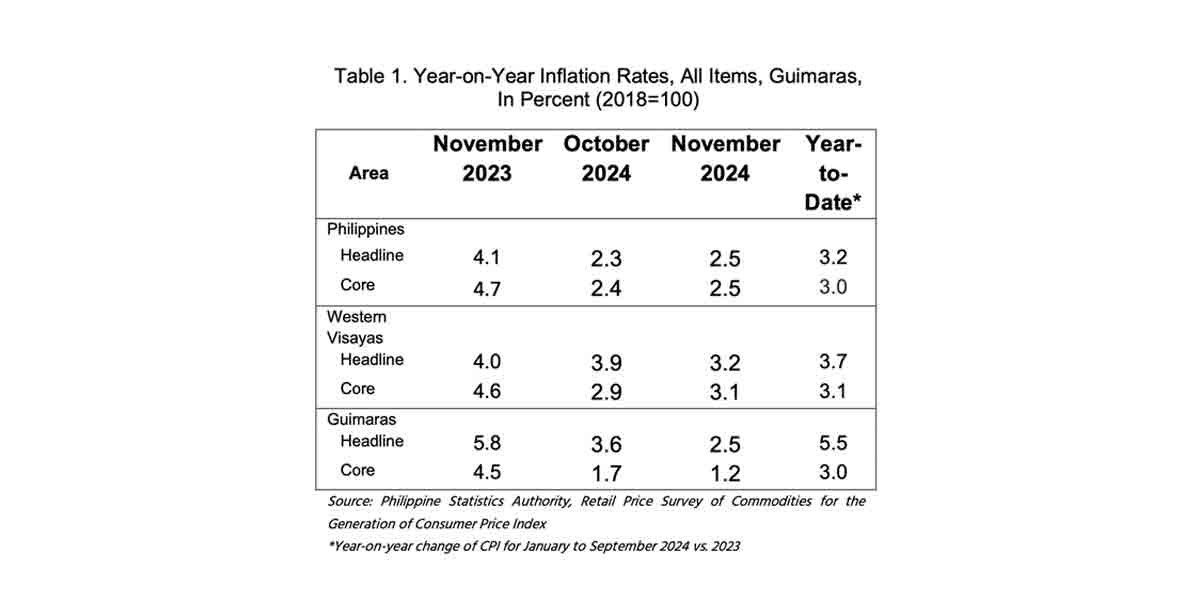 By Joshua Corcuera
By Joshua Corcuera
The year is 2021, a modern year far from the medieval ages where prejudice against women was widespread. The era we are currently living in is supposed to be a good time for women as they enjoy more rights and are widely perceived to be just as capable as their male counterparts. But, just recently, there was a blow to women empowerment.
President Rodrigo Duterte — once again — uttered derision against women. “Alam mo, the emotional setup of a woman and a man is different,” he said in an address this month suggesting that the presidency is not a woman’s job. This remark isn’t surprising, given his history with similar controversial statements in the past. It wasn’t exactly clear why he said such a remark. But whatever his intention is, history and lessons from other countries at present tell that women can be brilliant leaders and can contribute enormously to society.
Not all heroes are Filipinos, some are Filipinas
The Philippines is a cradle of heroes given its history as a victim of colonialism and imperialism. If one asks an ordinary Filipino to name a hero born and raised in the Philippines, many would answer Jose Rizal or Andres Bonifacio. While this is true, our country also produced many more heroes — some of which are female. Two examples are Gabriela Silang and Melchora Aquino.
Silang was a military leader during the 18th century best known for her role in fighting for Ilocano independence from Spain. It was actually her husband, Diego, who first led the revolt against the Spaniards. When he was killed in May 1763, Gabriela would continue what her husband started proving something radical for a conservative country during a conservative time — that leadership is not exclusive for men. For four months, she would resist the Spaniards until her capture and execution in September of the same year.
Almost half a century after Silang’s death, Melchora Aquino — more popularly known as Tandang Sora — was born. When the Katipunan gained momentum during the 1890s, she helped them in various ways by giving wounded Katipuneros medical attention and allowing them to meet secretly in her house. Both Silang and Tandang Sora proved that a woman could be part of social change, that a woman’s role goes beyond the household, and that a woman should not be underestimated.
In the crisis of our times, women won the spotlight
In our generation, the coronavirus pandemic is the most devastating global event. The highly contagious illness afflicted all nations — large and small, rich and poor — not sparing a single one. During the public health crisis, sound and effective leadership is obviously crucial to prevent the virus from claiming more lives and causing more damage. Many nations were caught off-guard, but some were praised for responding quickly and avoiding a great loss of life. These countries include Germany, New Zealand, and Taiwan — all of which are led by women.
Despite this, some might think if there is a correlation between women and effective leadership. According to a 2020 study from the Harvard Business Review, “women were rated by those who work with them as more effective, possibly indicating that women tend to perform better in a crisis.” This is consistent with a 2019 research that found women scoring higher than their male counterparts in most leadership skills ranging from taking initiative to displaying high integrity. Furthermore, Zenger and Folkman (2019) said that, “when given opportunities, women are just as likely to succeed in higher level positions as men.”
Will our time be the woman’s century?
With various movements around the world fighting for gender equality, women’s voices are now being recognized — a right that women of past generations failed to enjoy. But one should not be complacent and must admit setbacks on gender equality. The percentage of females in senior posts in businesses has remained low, comprising only 4.9% of Fortune 500 CEOs and 2% of S&P 500 CEOs. For world leaders, the list of female leaders is also relatively short. In 2013, women accounted for only 8% of all national leaders, despite being roughly half of the world population.
It’s also noteworthy that being a woman is not an automatic assurance of good governance. Two former Philippine presidents, Cory and Gloria, are female but are controversial for human rights violations committed during their regimes. Still, this should not deter society from giving equal opportunities to women as society’s leaders. After all, other female leaders — like Ardern, Merkel, and Tsai — produced good results in their jobs.
The times are changing and the world is becoming much more progressive. With this in mind, women can lead whatever field they belong to — politics and governance, business and finance, education and research, the arts and sciences, the armed forces, and so forth. What holds them back is not a lack of capability, but a lack of opportunity — and misogynists.

























